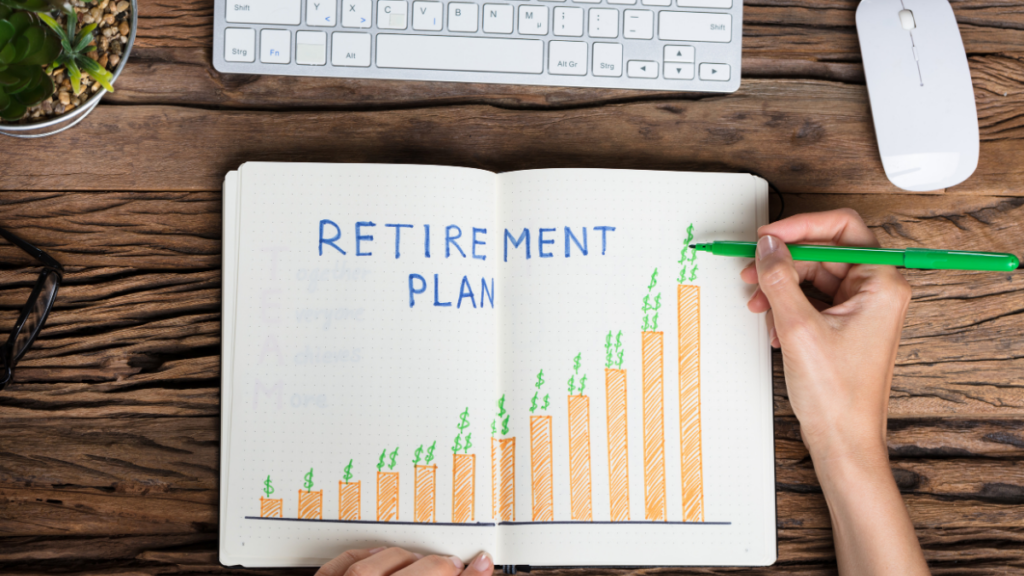How Much You NEED to Retire Comfortably

Figure out how to calculate the amount you’ll have saved for when you retire and what you need to be comfortable. We all want to retire with a comfortable amount of money, but how much is comfortable for the lifestyle we live? Experts say you should save at least 1 to 2 million dollars in order to live a comfortable life after retirement. But is that amount realistic? You definitely don’t need millions, I can tell you that. By age 65, most people retire with about $164k. That’s a big difference from a million dollars, so is that number too low or is 1 million too high? Well, you have to understand that everyone’s lifestyle varies and people may not spend as much as others or have…







